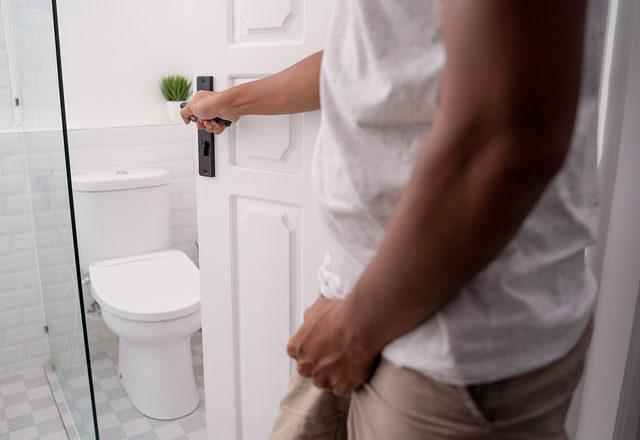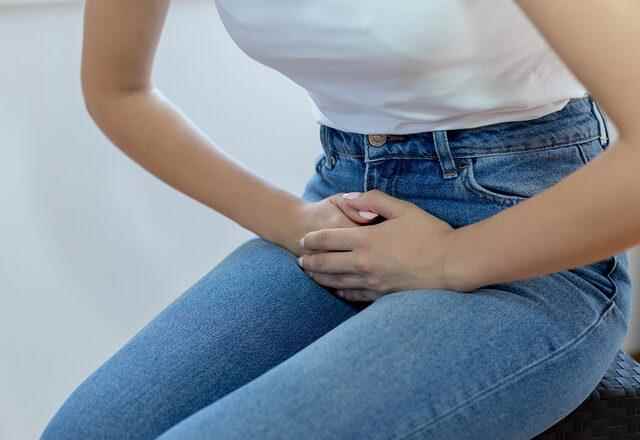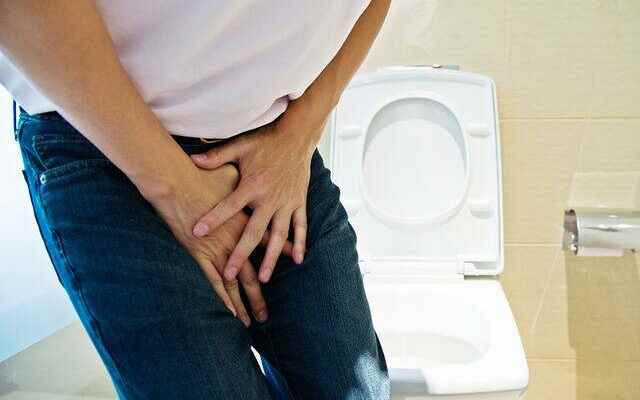There are many types of cancer. Bladder cancer is also among the risky cancer types. Although bladder cancer is usually seen in men over the age of 50, it can also occur in women. Smoking, occupational factors, chemotherapy, chronic bladder inflammation are among the factors that cause bladder cancer. In bladder cancer, which is among the most dangerous types of cancer in the absence of early detection, early detection greatly reduces mortality rates. In order to detect it early, it is necessary to pay attention to the appearance of the urine.
THE MOST COMMON SYMPTOM OF BLADDER CANCER
BLOOD IN THE URINE
While not the only warning sign, seeing blood in your urine is an important sign that you should make an appointment with your doctor as soon as possible. Bloody urine, called hematuria, can take many forms. Sometimes pinkish, bright red, brownish or just slightly streaked blood, any blood in your urine can be an indication of problems with your bladder. While it doesn’t mean you have bladder cancer, it can be a sign of a urinary tract infection (UTI) or other health problem. The American Cancer Society says: “These symptoms are more likely to be caused by a urinary tract infection (UTI), bladder stones, overactive bladder, or prostate enlargement (in men). It’s still important to get them checked out by a specialist. See a doctor so the cause can be found and treated if necessary. should apply.”
MOST PEOPLE WITH BLADDER CANCER SEE BLOOD IN THEIR URINE

However, 80 percent of those with bladder cancer reported seeing blood in their urine. This is because bladder cancer causes cells to grow in the inner lining of the bladder. These cells can clump together to form tumors that can cause bleeding in the bladder lining.
OTHER SYMPTOMS

- urinating more often than usual
- Feeling a very sudden and sudden urge to urinate
- burning sensation while urinating
- pain in your lower abdomen, sometimes in your stomach or back
- feeling tired and bad
- Loss of appetite
- bone pain
